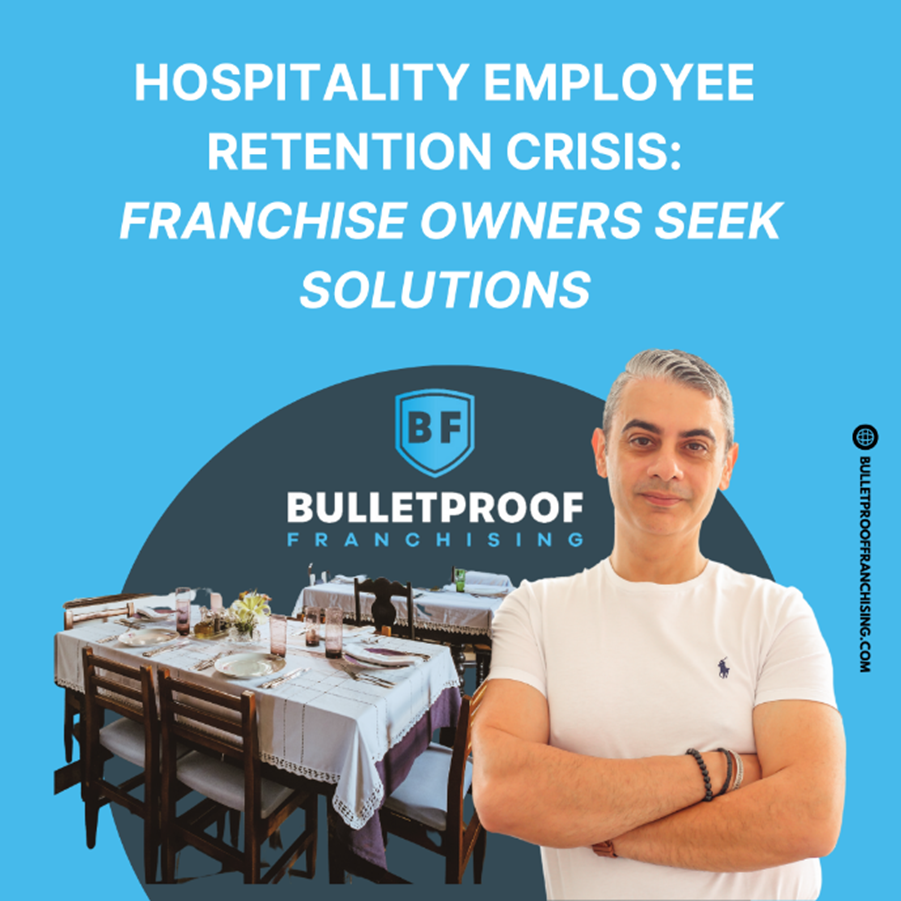Why do Franchises Fail? – Key Risks and Considerations to Keep in Mind
Franchises can seem like a straightforward path to entrepreneurial success, but the reality is that not all franchises are created equal. While some franchise owners thrive and build lucrative businesses, others struggle and ultimately fail. So why do franchises fail, and what risks and considerations should you keep in mind before investing your time, money, and energy into a franchise business? In this blog post, we’ll explore some of the common reasons why franchises fail and provide some key advice for those who are considering investing in a franchise.
Lack of Support
Many franchise owners assume that they will receive ongoing support and guidance from the franchisor, but this is not always the case. Some franchisors have minimal support structures in place, leaving franchise owners to fend for themselves when it comes to hiring staff, marketing their business, and managing day-to-day operations. Before you invest in a franchise, do your research, and make sure you understand what kind of support you can expect to receive from the franchisor.
Poor Location
Franchise success is often tied to location, and choosing the wrong location for your franchise can quickly lead to failure. Make sure you conduct thorough research on the demographics, traffic patterns, and competition in the area where you’re considering opening your franchise. It’s also important to consider the lease terms and conditions, as unfavourable lease agreements can put a significant strain on your finances.
Insufficient Capital
Starting a franchise requires a significant upfront investment, and many franchise owners underestimate the amount of capital they will need to get their business off the ground. This can quickly lead to cash flow problems, making it difficult to meet essential financial obligations such as rent, payroll, and taxes. Make sure you have a solid business plan in place that includes realistic projections for revenue and expenses.
Inexperience
Managing a successful franchise requires a diverse skillset, including marketing expertise, financial acumen, and excellent leadership and management skills. If you lack experience in any of these areas, it’s important to seek out training and mentorship opportunities before taking the plunge into franchise ownership.
Franchisor Issues
Finally, it’s worth noting that some franchise failures can be attributed to issues with the franchisor itself. This can include disputes over territory, products, marketing, branding, and more. When considering a franchise opportunity, do your due diligence and research the franchisor’s reputation and track record. Talk to current franchisees and industry experts to get an accurate picture of the franchisor’s strengths and weaknesses.
Conclusion
While franchising can be an excellent opportunity for entrepreneurial success, it’s important to approach it with eyes wide open and be aware of the risks involved. By carefully researching potential franchisors, thoroughly vetting your potential location, ensuring you have adequate capital, and developing a solid skillset, you can greatly increase your chances of success in the world of franchise ownership. Remember, franchising is not a guaranteed path to success, but with careful planning and consideration, it can be an excellent way to build a thriving business.
For more information join our BFF Business Accelerator 12-week course, combining pre-recorded modules, interactive tasks, Network Masterminds, and optional 1-1 office hours, which is designed for soon to be & existing franchisees looking to get on the path to profitability.
About the Author
Ozzie Djemal from Bulletproof Franchising has lived through all of the pain points throughout his extensive 30-year career in Hospitality. Creating Milk Bar Style Takeaway shops, Turkish restaurants, setting up and operating a Franchise Model and Franchising numerous other businesses in the hospitality industry.
This firsthand knowledge coupled with 25 years’ experience in senior roles within the corporate environment, as well as completion of an Executive MBA with UNSW Business School & over 200 other courses – has equipped him with the skills, experience, and knowledge to implement real growth strategies for your Franchise Business.








